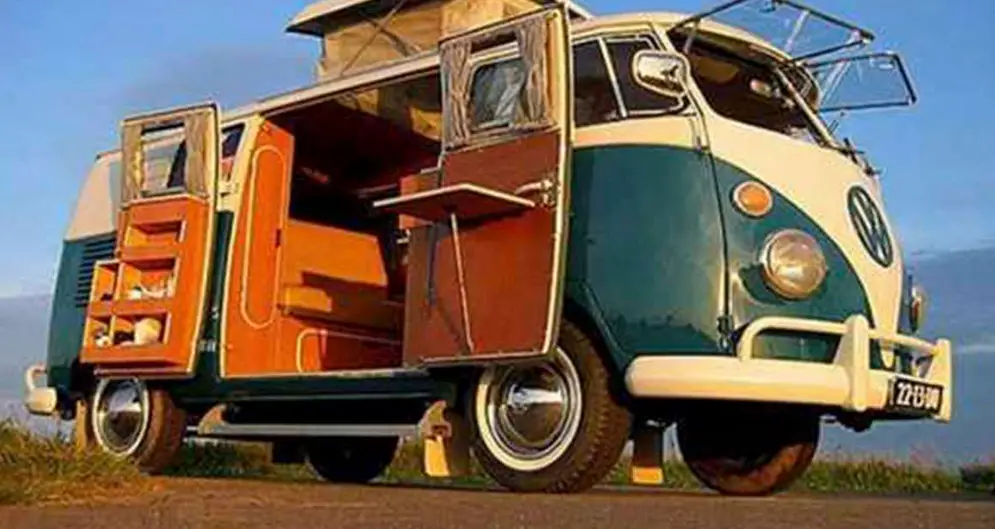When it comes to the adventurous travel machine, the first thought is of course the VW hippie van. Recently, rumors began to spread about the reappearance of the cult VW hippie van. Recently, these rumors were confirmed by the statement of Dr. Heinz-Jakob Neusser at the New York Auto Show in New York in which he said that he is actually working on the production of the electric version of the classic VW camper bus.
Why did the production of VW Bus stop?
Fans of the VW hippie van kept wondering why the production of the cult hippie VW stopped. Back in 1950, the first VW hippie van was produced. German safety regulations were really variable and numerous, so the production of the iconic VW van was transferred to Brazil. But in 2013 the production of the hippie van VW was completely stopped. Why was the production of the hippie van VW completely stopped? Brazil’s safety standards changed in 2014, and production was halted because the request included ABS and multiple airbags, which were not actually fitted to the VW hippie van model.
Hippy Van is Back: Volkswagen Re – Releasing its Electric Version
Volkswagen will revive the vision of reviving US sales of the cult VW Bus by introducing the cult classic with a modern twist on sustainability. What is important is to keep the authentic functions of the VW Bus such as: the boxy design of the center section, the wide solid D-Pillar, etc. The latest version of this nostalgic vehicle is fully electric. The car contains a modular electric drive, which means that the batteries and electric motors of the bus are installed on the floor. This alone frees up more space for the bus for cargo and passengers.
In addition to electric propulsion, the van features advanced networking of assistance systems and infotainment systems, as well as the ability to load new software via Over the Air-Update. The difference from the classic model of VW Bus from 1950 which had only 30hp, with the new model which has 169hp. This new version also has LED lights and a battery that provide a range of approximately 300 miles. This car also contains a fast charging system that has the ability to restore 80% of its energy capacity in just 30 minutes. The I.D. Buzz stands for the new Volkswagen. The five – seater version of the ID Buzz will first be offered in the top-of-the-line Pro version, and the payload ID Buzz Cargo will be available in parallel. The interior design is innovative compared to its previous injections. The model features a two-tone Saint Tropez and Saffrano Orange pattern. The floor is made of solid wood, and of course there is an automatic gear lever, as well as a button to start and stop the electric motor. The speedometer also has a small digital screen, and on the roof there is a tablet to get a modern retro style audio system. Interested buyers for e-Bulli will have to pay 64,900 euros. T2 and T3 electric vans are expected to be in the same price range.


